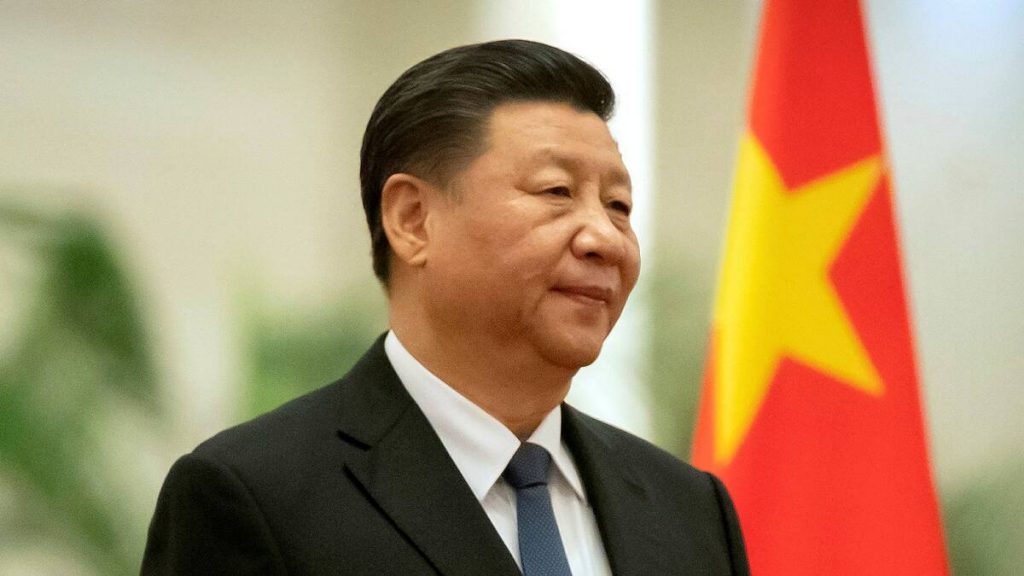Climate, Taxes, Geopolitics, and the Vaccine – This weekend’s G7 meeting accomplished the job, but ultimately threatens to contribute to heightened tensions in relations with China. This is the view of SEB chief economist Robert Bergqvist.
“It’s one of the most powerful G7 meetings I’ve ever seen,” he said.
Topics abound when Joe Biden first showed his teeth at a summit with leaders of the Group of Seven nations in the Cornwall Dunes in southwest England.
“You are very Agreement on vaccines, climate and a common front against China,” says Robert Bergqvist, chief economist at SEB.
“It is one of the most powerful meetings I have seen from the Group of Seven,” he added.
G7 leaders promised to provide vaccines to developing countries totaling a billion doses and agreed a program to give developing countries access to finance and accelerate the transition to renewable energy and sustainable technologies: everything from railways in Africa to wind turbines in Asia.
The latest initiative is touted as an alternative to the New Silk Road, the world’s largest infrastructure project to build global trade routes controlled by China. President Xi Jinping launched the network of roads, railways, airports and ports eight years ago. China’s response on Sunday came from the Chinese embassy in London.
“The days when global decisions were dictated by a small group of countries are long gone,” the statement read.
Moreover, the diplomatic channel indicated that global issues should be addressed in consultation among all countries, Reuters news agency reported. The world’s second largest economy has noticed the new tones from the G7 and doesn’t like it.
“Now the tone is being sharpened towards China. The question is what this will lead to in terms of heightened tensions,” says Robert Bergqvist.
When the G7 leaders met This weekend, there was also a tax proposal from the countries finance ministers. Perspectives do not focus on multinational tech giants, whose tax planners have led to a long-running counterattack within the European Union to get the new giants to contribute by virtue of their size and profits. The plan also aims to stop the “race to the bottom” between countries to attract global investment.
With the approval of the G7 leaders, the proposals are expected to be on the table at the G20 summit in Italy in less than a month. These include:
A globally defined minimum corporate tax level has been set at 15%.
Mandatory reporting on the climate impacts of corporate investment decisions.
A tax of 20% on profits in excess of a 10% profit margin, in global corporations levied in the countries where the revenue is generated.
Google, as for companies that will have a much higher tax burden, has previously openly welcomed the initiative. Robert Bergqvist says the tax plans have a long way to go before they become a reality.
“It’s still hanging in the air because you have to bring the whole G-20 with you,” he says.
At the end of the summit Today, climate has been the main focus, with climate finance in developing countries – a total of $100 billion annually, biodiversity protection and new demands for clean energy with coal and a final declaration stating that 2021 should be a turning point for 1.5 should be the goal of getting A degree in Paris Convention on hand.
One person who can be happy about the weekend is British Prime Minister Boris Johnson, according to Robert Bergqvist.
“It is a feather in the hat for Britain and Boris Johnson to stand out from the European Union while continuing to unite the world into the future,” he said.

“Extreme tv maven. Beer fanatic. Friendly bacon fan. Communicator. Wannabe travel expert.”









More Stories
Brexit brings economic uncertainty – Finland worst hit in the long run – Hufvudstadsbladet
Britain wants closer ties with the European Union.
Britain may already be out of recession